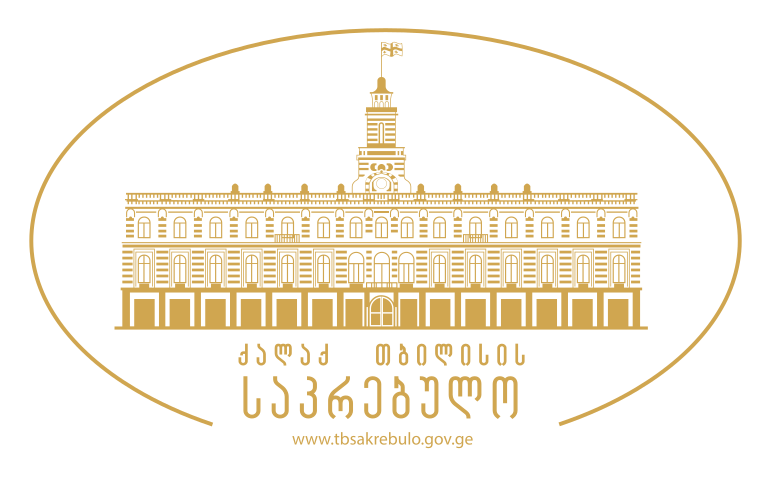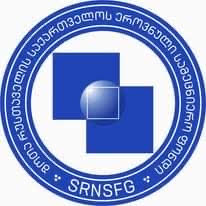026 – Texts and Visions Across Genres and Media: Re-thinking Arab Cultural History
Organized by: Prof. Lobna ISMAIL, Prof. Boutheina KHALDI , Prof. Faten MORSY, Prof. Fatiha TAIB
English, French
“The boundary is not that at which something stops but, as the Greeks recognized, the boundary is that from which something begins its essential unfolding.”
Martin Heidegger
In recent years, Arabic comparative literature has increasingly been occupied with the creative and critical boundaries from which Arabic national literatures are persistently unfolding, relating to, and interacting with current trends in World Literature and global literary theories. The processual perspective of that active crossing manifests itself in how Arab writers are re-imagining, re-reading, and ultimately re-contextualizing Arab literary and epistemic productions in various domains. These include the linguistic (classical/modern, standard/vernacular, canonical/non-canonical); the generic (prose and poetry); and the medial (media arts and the digital transcultural networks), all perceived in light of the current social, cultural, political, and economic variables in the region and worldwide (including the ever-metamorphosing powers of globalization and Neocolonialism). The over-arching objective always seems to point to the twin directions of rethinking and rewriting Arab cultural history and identity.
A process of re-evaluating, re-appropriating and re-figuring previous literary works and theoretical stances inevitably ensues. A creative and critical labour that gives birth to new visions and untrodden horizons of writing and critical reading takes place as well. Revisiting, unsurprisingly and equally, leads to transgressing and unsettling established traditions and prefabricated and prepackaged narratives.
Arab comparatists, therefore, find themselves seeking answers to the following questions:
- How writers and literary critics conceive of visible and invisible lines between communities and identities.
- How writers and critics envision themselves and (the fictional) others as border crossers during the writing or critiquing process.
- What the nature of those borders is, whether actual or conceptual, and why/ how they need to/could be actively crossed.
- How writers imaginatively embody and cross the interlapping planes of spatial, temporal, epistemological, conceptual/symbolic, and linguistic borders.
- How texts and images and the writer/critic/reader’s conception of genres and media shift and change during the crossing.
- How literature, as a border crosser, contributes to rethinking, rewriting and the repossession of both a cultural history and an identity overwhelmed by imaginary borders of marginalization and various forms of hegemony that (seemingly) cannot be infiltrated or transgressed.
- Challenged by ever-evolving new digital realities and media, how Arab literature creatively responds to remediation (how media adapt other media and absorb them in their media logic) and intermediality, e.g., medial transposition, media combination, and intermedial references.
- How the creative potentials of a transformed Arab culture can evolve new powerful ways to challenge national and international media industries and monopolies towards a more critical global culture that enables them to act and use their own narratives to change the world.
The panel seeks to explore answers to the above questions and provide Arab and non-Arab scholars with an overview of the current situation of Arabic literature and comparative Arabic studies as they reimagine the literatures of the world.
The Project was supported by Shota Rustaveli National Science Foundation of Georgia (SRNSFG) [grant number MG-ISE-22-170]


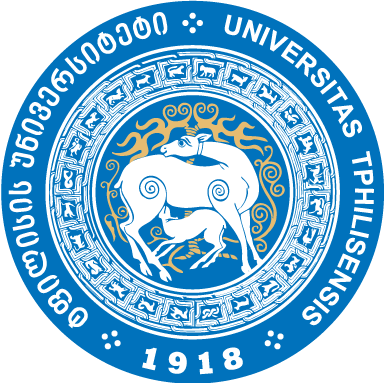

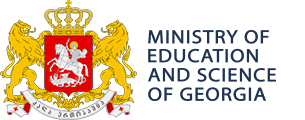
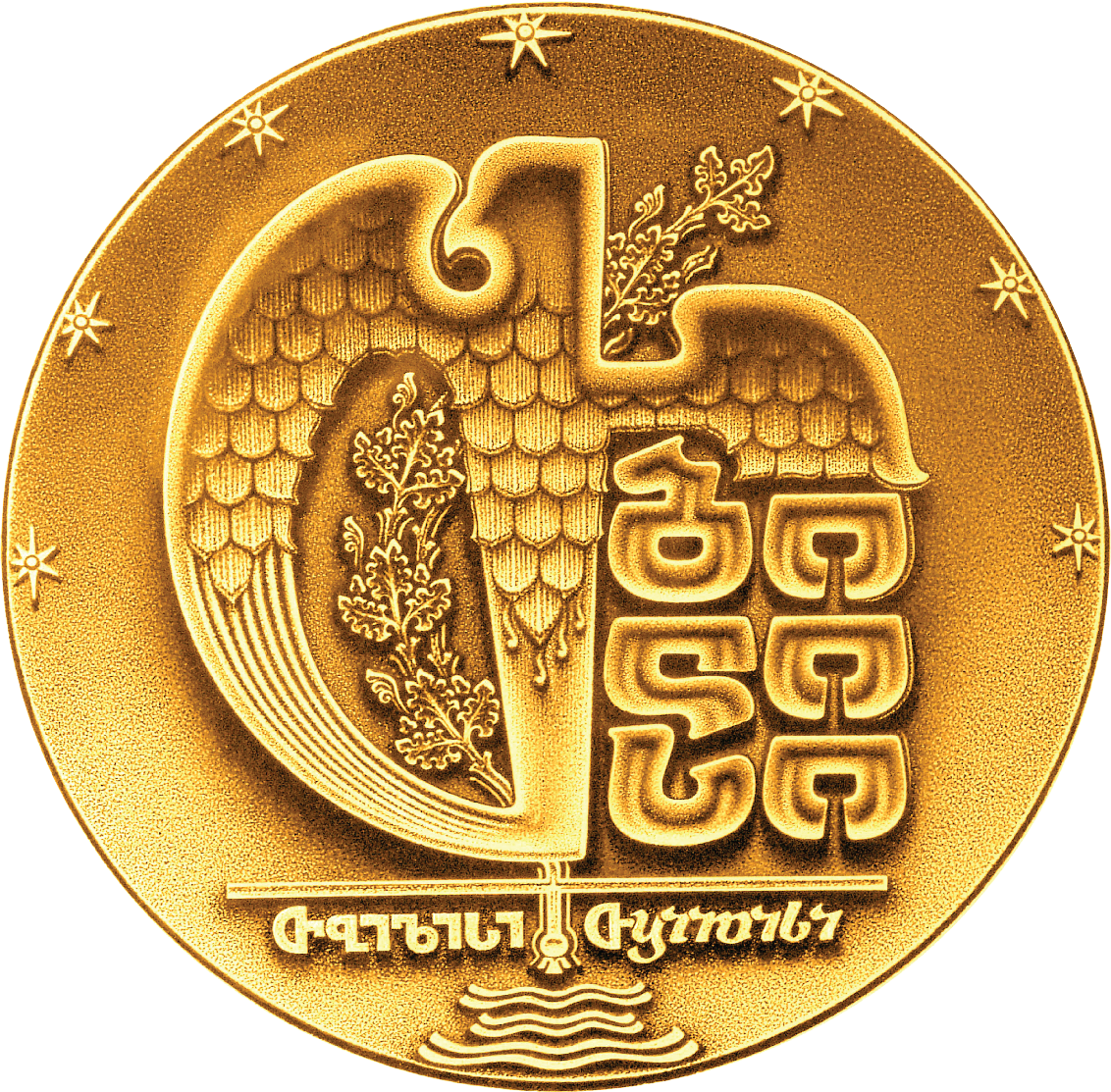

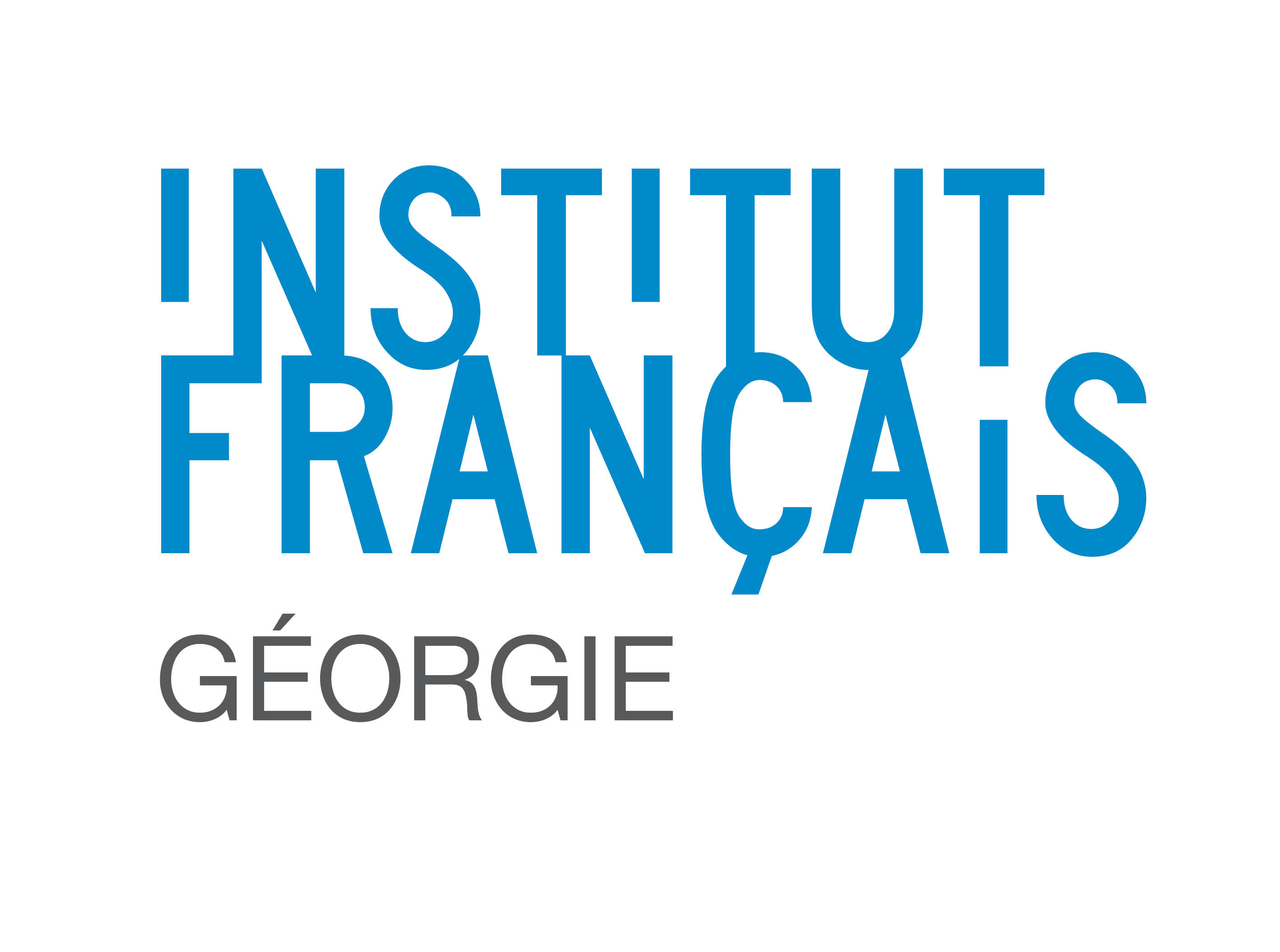


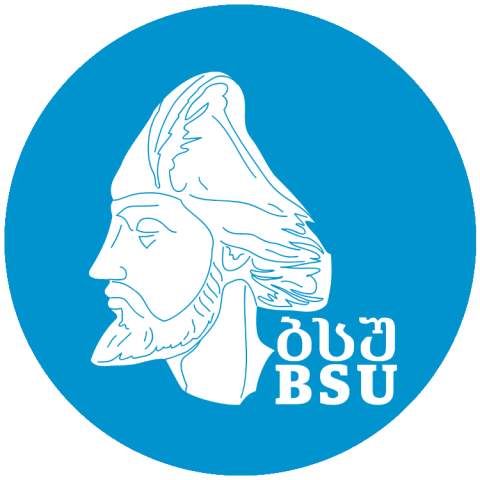

_001.png)

